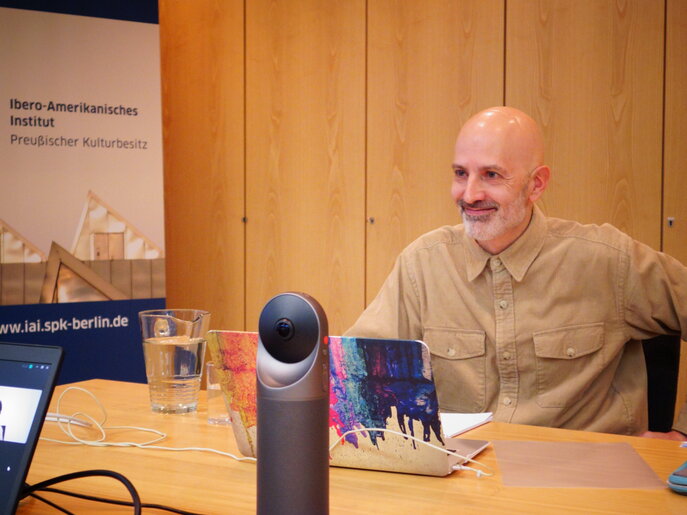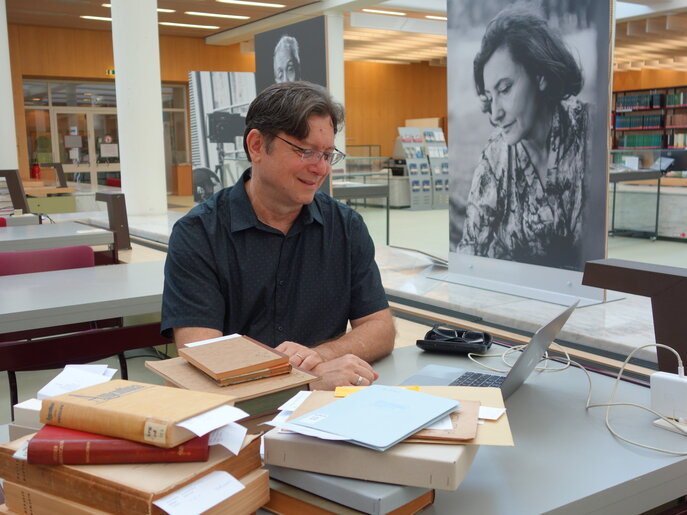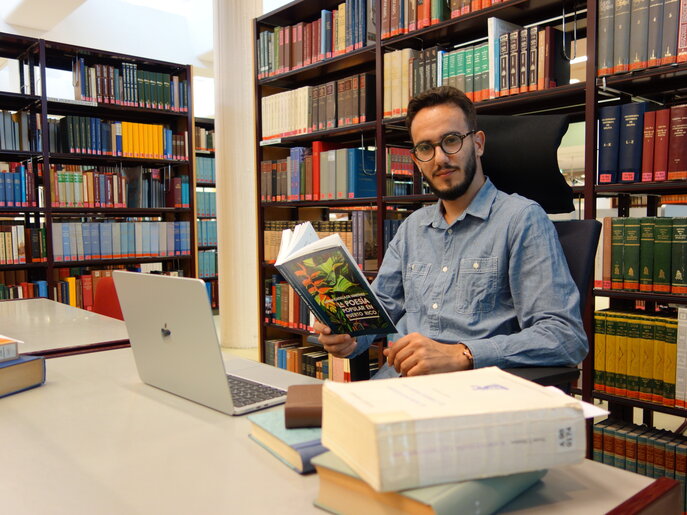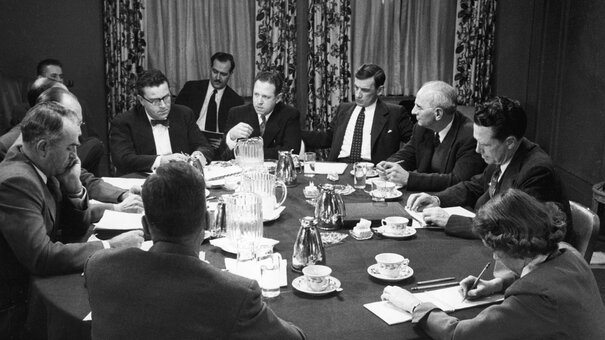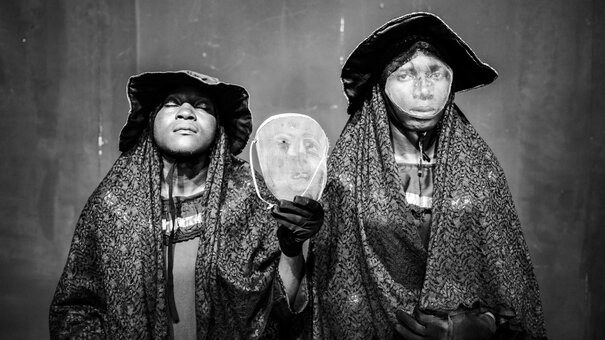Research
As a non-university area studies institution, the Ibero-Amerikanisches Institut (Ibero-American Institute, IAI) conducts regional research in the humanities, cultural studies, and social sciences, focusing on Latin America, the Caribbean, Spain, Portugal, and their transregional interdependencies. The research activities carried out by IAI scholars span a broad range of disciplines. Third-party funded projects—particularly collaborative initiatives with national and international universities and research institutions—visiting scholars, international networks, and the institute's academic publication program play a key role in the IAI's research endeavors.
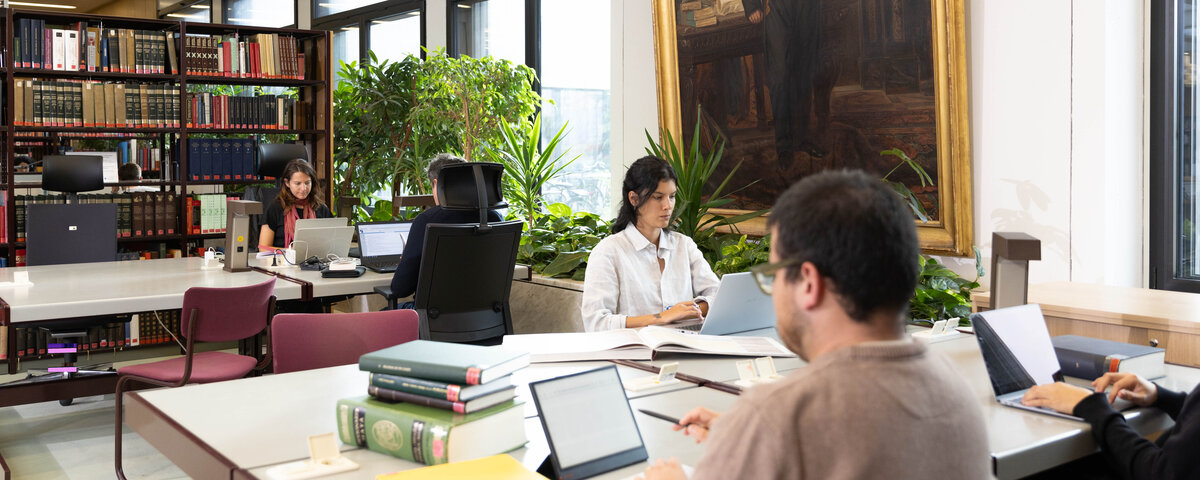
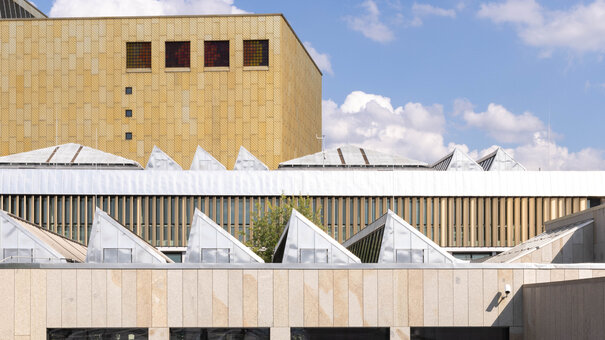
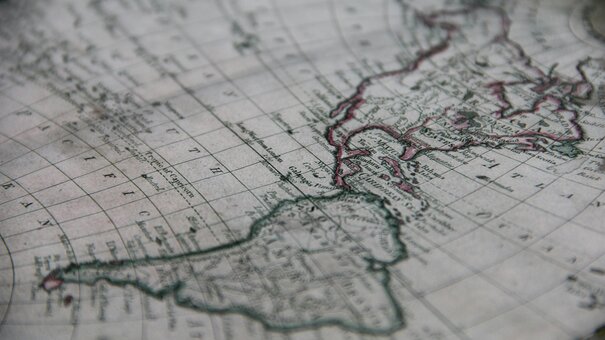

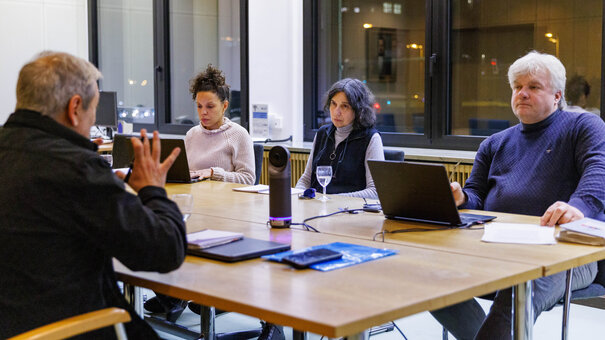
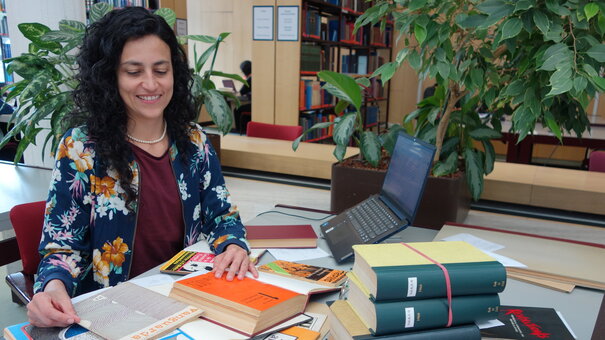
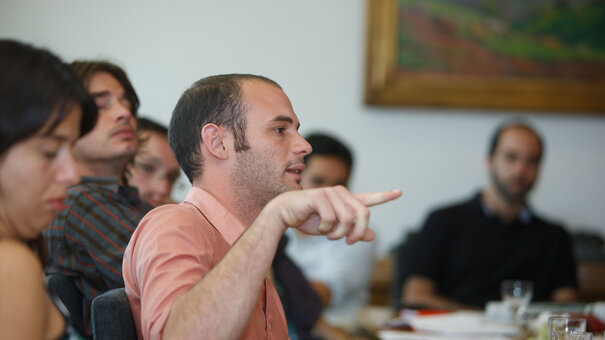
![[Translate to English:] Die Gastwissenschaftler*in Sandra Restrepo sitzt in der Bibliothek des IAI, umgeben von Büchern und einem Laptop.](/fileadmin/_processed_/4/3/csm_Restrepo_Sandra_50344155cb.jpg)
